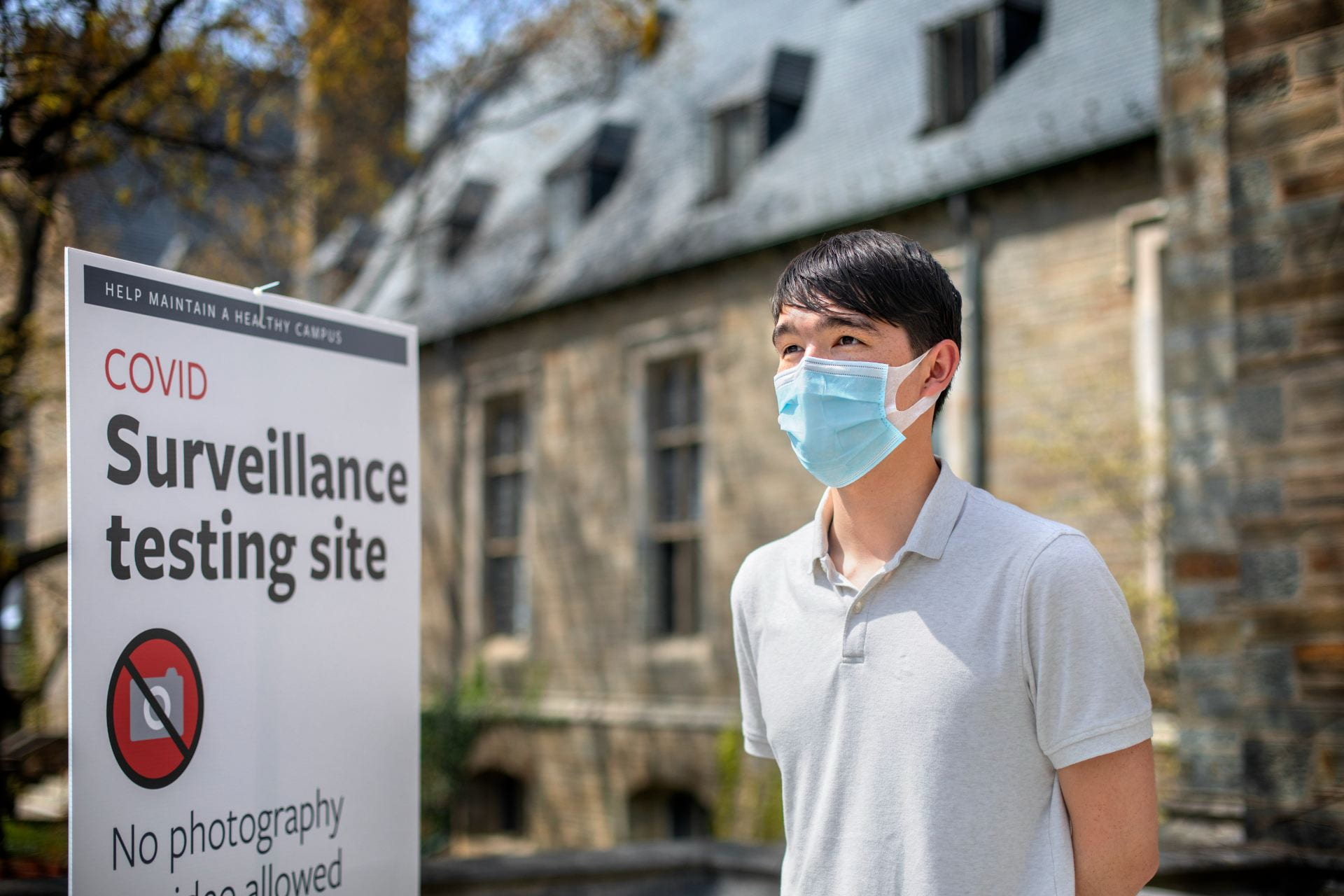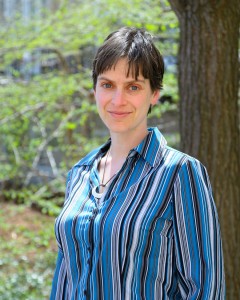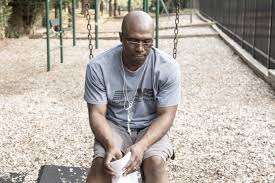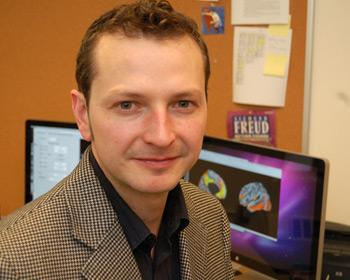
Despite the restrictions on campus to prevent the spread of COVID-19, graduate and undergraduate students in Human Development persisted and excelled in their research and outreach activities.

Celine Cammarata, HD-PhD '21, a student of Professor Eve De Rosa, received a 2021 FABBS Doctoral Dissertation Research Excellence Award for her thesis, The role of acetylcholine in flexible cognition across age and species. The Federation of Associations in Behavioral & Brain Sciences (FABBS) is a coalition of scientific societies focused on conducting advocacy, education, and communication activities in support of the sciences of mind, brain, and behavior. Recognizing and bringing attention to the work of early-career scientists is a critical part of their mission. Dissertations are evaluated in terms of both the scientific merit and the broader societal impact of the research. Celine reflected on her graduate school experience, career exploration, and professional development in an interview for the Graduate School - click to read more.

Elyse Ganss '21 received the Zuckerman Award for Excellence in Human Development Studies for her senior honors thesis. As a member of The Little Thinkers lab, Elyse studied the effect of role models on young girls' persistence and engagement in science (click this link to watch her presentation). In addition to her major in human development, Elyse completed minors in psychology and communications. She is a member of the Psychology Honors Society and is involved with the Steminist Movement, an outreach organization that promotes STEM activities for middle school girls. Elyse hopes to obtain a Ph.D. in Clinical Psychology.

Judy Liu ‘21 received the Human Ecology Alumni Association's 2021 Outstanding Senior Award for outstanding student leadership, academic achievement, and commitment to the College and community. Judy was able to balance the coursework and research for the major in human development and minors in education and gerontology with numerous community engagement activities, including, Big Brothers Big Sisters of Ithaca and Ballet and Books. In her junior year, Judy was a PRYDE Scholar, awarded by the Program for Research on Youth Development and Engagement (PRYDE) in the Bronfenbrenner Center for Translational Research, and worked in Professor Tamar Kushnir's Early Childhood Cognition Lab. She studied children's beliefs about free will and how children aged 7-11 years old thought about themselves, the people in their lives, and the world during the pandemic. To learn more about the PRYDE Scholars program, click this link to hear this year's scholars discuss their experiences.

Joanna Papadakis ’21 received the 2021 Cornell Campus-Community Leadership Award, an honor given by the Division of University Relations to a graduating senior who has shown exceptional town-gown leadership and innovation. She and students in the Masters of Public Health worked with the Tompkins County Health Department and Office of the Medical Examiner to develop a coordinated worst-case emergency plan for Tompkins County. Joanna's experience collaborating with the local community, her understanding of the culture, and her problem-solving approach made her an invaluable asset to the project. She was interviewed by Gary Stewart of the Cornell University Community Relations Group on his radio program, "All Things Equal." Click this link to hear the podcast.
 Cornell Undergraduate Research Board (CURB) Symposium was held virtually on May 4-7. For over 35 years, in one of Cornell's largest undergraduate research colloquiums, hundreds of undergraduates from all majors and disciplines have the opportunity to share their research with the Cornell community in a poster competition. Five students from Human Development gave presentations by Zoom which can be viewed by clicking on the name of each student below:
Cornell Undergraduate Research Board (CURB) Symposium was held virtually on May 4-7. For over 35 years, in one of Cornell's largest undergraduate research colloquiums, hundreds of undergraduates from all majors and disciplines have the opportunity to share their research with the Cornell community in a poster competition. Five students from Human Development gave presentations by Zoom which can be viewed by clicking on the name of each student below:
Charlotte Borgers ’21, Preschoolers Reasoning about Food: The Roles of Health, Desirability, and Permissibility
Emi Carpenter ’23, Project GripTape: Exploring the Role of Passion Projects in Positive Youth Development
Elyse Ganss '21, Starting Young: How Early Role Models Impact Young Girls' Persistence in Science
Catherine Gorey '21, Stereotypes and Sexism: Gendered Power Dynamics in Perceptions of Workplace Sexual Harassment Accusations
Phil Martinez '21 Norms for Emotion-False Memory Lists and Semantic and Phonological False Memory


 Little research has been conducted on understanding estrangement and reconciliation in families. Karl Pillemer's forthcoming book,
Little research has been conducted on understanding estrangement and reconciliation in families. Karl Pillemer's forthcoming book, 
 Although Commencement exercises for the Cornell Class of 2020 were canceled to prevent the spread of COVID-19, the Department of Human Development honored the academic achievements of this year's outstanding students with its highest awards.
Although Commencement exercises for the Cornell Class of 2020 were canceled to prevent the spread of COVID-19, the Department of Human Development honored the academic achievements of this year's outstanding students with its highest awards. Deanna Kocher, a graduate student in Tamar Kushnir's
Deanna Kocher, a graduate student in Tamar Kushnir's 
 Discover recently added resources, including podcasts of interviews with HD faculty from HD Today e-NEWS Listen Notes
Discover recently added resources, including podcasts of interviews with HD faculty from HD Today e-NEWS Listen Notes  As we determine what the new "normal" looks like during a pandemic, the uncertainties have increased stress and depression among those struggling to get their lives back on track.
As we determine what the new "normal" looks like during a pandemic, the uncertainties have increased stress and depression among those struggling to get their lives back on track.  Anthony Ong
Anthony Ong







 Three of
Three of 
 Healthy ageing has become increasingly important, but a WHO analysis found that 60% of people surveyed across 57 countries had negative views of old age.
Healthy ageing has become increasingly important, but a WHO analysis found that 60% of people surveyed across 57 countries had negative views of old age.
 CNN.com, "
CNN.com, "
 A total 340 San Diego County residents between the ages 27 and 101 participated in the study. Jeste and his co-authors hypothesized that these community-dwelling participants, none with serious physical or psychological ailments, would report more loneliness in old age based on the "usual assumption that as people get older, they become more alone," he said. They were surprised when they discovered two peaks (during the late 20s and mid-50s) in addition to the one in the late 80s. The results do not explain the reasons why people feel lonely, but Jeste had his theories.
A total 340 San Diego County residents between the ages 27 and 101 participated in the study. Jeste and his co-authors hypothesized that these community-dwelling participants, none with serious physical or psychological ailments, would report more loneliness in old age based on the "usual assumption that as people get older, they become more alone," he said. They were surprised when they discovered two peaks (during the late 20s and mid-50s) in addition to the one in the late 80s. The results do not explain the reasons why people feel lonely, but Jeste had his theories.
